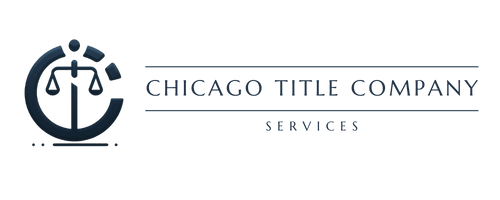In order to apply for an EB-4 visa, the U.S.-based employer must first petition for the visa applicant. To do this, they must first file a Form I-360 (Petition for Amerasian, Widow(er), or Special Immigrant) and provide supporting evidence. Those who do not have a U.S. sponsor can in some situations self-petition and file for Form I-360 themselves, for example, spouses, parents, and children of abusive U.S. citizens can self-petition. Consult with an expert immigration lawyer to see if you are eligible to self-petition and what supporting evidence will be needed to strengthen your application.
In addition, visa applicants must have a valid and permanent job offer from a U.S. employer. This job position must be within their field of expertise, not seasonal or part-time. Furthermore, the U.S. employer sponsoring the visa applicant must be able to prove that they are financially stable enough to hire a foreign worker.
If you are applying as a religious worker, you must provide evidence of the religious vocation, proof that the organization you work for is non-profit and a letter from a superior within their religious occupation. Unlike other employment-based visas, a PERM form is not required for special immigrant religious workers.
After Form I-360 (Petition for Amerasian, Widow(er), or Special Immigrant) is processed, the visa applicant will receive a decision on whether or not the petition is approved. If the petition is refused, the visa applicant will receive a letter detailing why the petition was rejected. If the petition is approved, the visa applicant will receive instructions on what to do next. This may include instructions to collect biometric data (if applicable) and notice to appear for a green card interview at a local U.S. Consulate or Embassy.

